
When Graham Potter took charge of Chelsea for the first time against Red Bull Salzburg in the Champions League last week, he became only the eighth Englishman to manage a team in European football's top competition.
In the build-up to the match, Potter admitted he had never even attended a match in the Champions League - a reminder of his unusual journey to the top tier of club football.
Back in 2011, Potter was still in charge of university side Leeds Beckett, then known as Leeds Metropolitan, in the seventh tier of English football - managing the team while simultaneously studying a master's degree in leadership, personal and professional development.
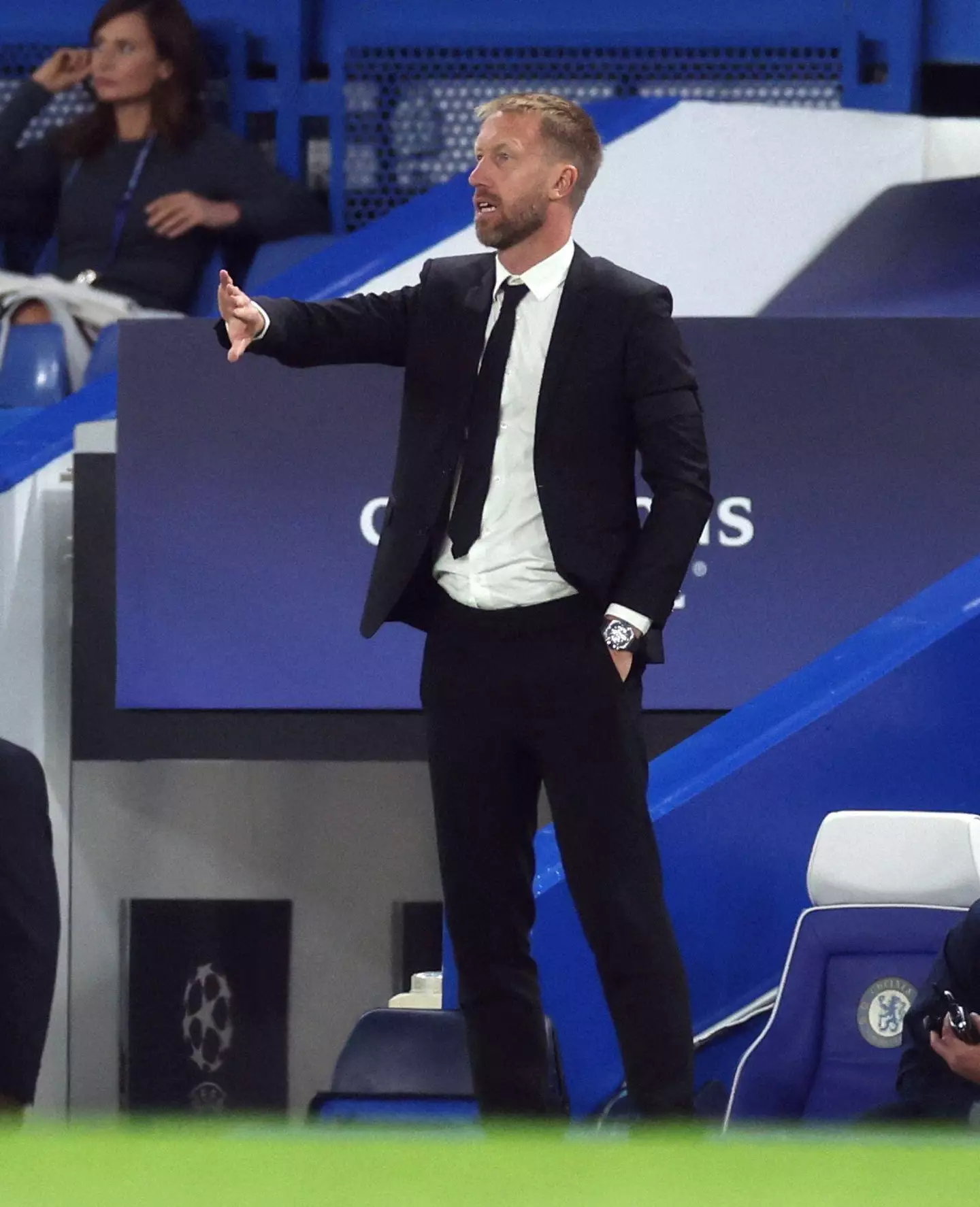
Advert
It was in these early years of his coaching career that Potter began to develop a football philosophy that would eventually take him all the way to one of the Premier League's top jobs.
"It was up to you as a player to fit into his system, not for his system to fit you," explained Brice Tiani, who played under Potter for two years while studying at Leeds Met.
"He knew what he wanted. Playing in semi-pro football, it is usually all about the result. But I don't think he was being paid too much at that time, so it put him in a different position to other coaches. It gave him the freedom to stick to the system that he wanted to play."
Tiani added: "It started from the back - passing, passing, passing.
Advert
"Most teams were not used to that. They were like 'what are they doing?' - and we would end up winning 7-0, winning 7-1. You enjoyed it because you were touching more of the ball."
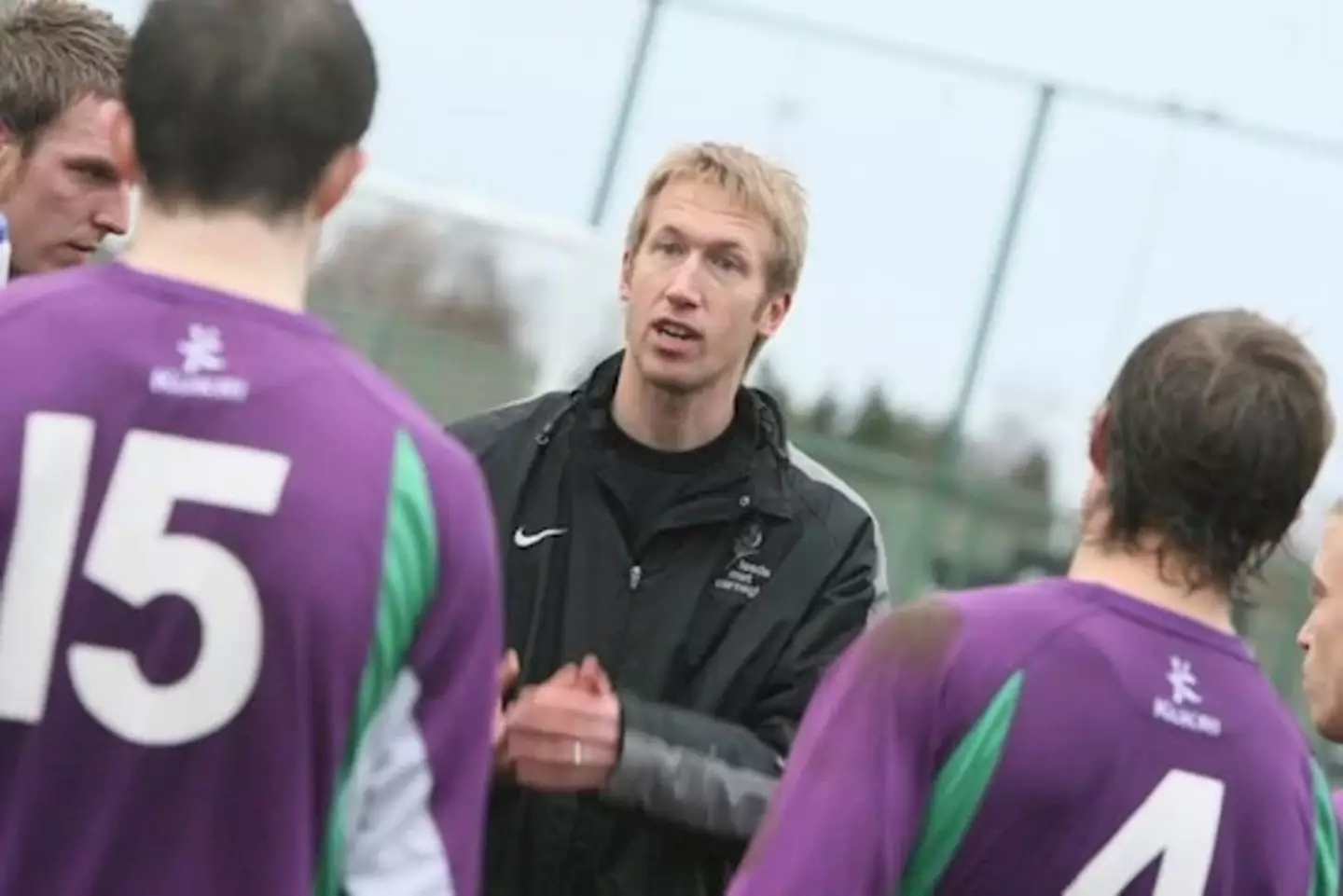
Tiani admits he initially had reservations about playing under Potter at Leeds Met but was convinced to join the team after meeting with the former left-back.
"I was already playing semi-pro football for Guiseley," Tiani told SPORTbible.
Advert
"So when I decided to play for Leeds Met, it was kind of like a joke. When somebody suggested playing for Leeds Met… I was kind of like 'come on, I'm not going to go and play for them'. And then one of my tutors said 'Brice, you need to go and meet this guy’'. I don't know how they met but she told me 'go and meet this guy'.
"He was young, quite chilled. He said 'just come, show me what you can do'. He was very easy to talk to, you see him like a brother at first. Then he becomes a father figure afterwards. I don't know how he does it, that's the way he presents himself. He's just a cool person."
Despite being a popular manager with his players, Potter was also capable of putting his foot down if he felt the team had not performed to his high expectations.
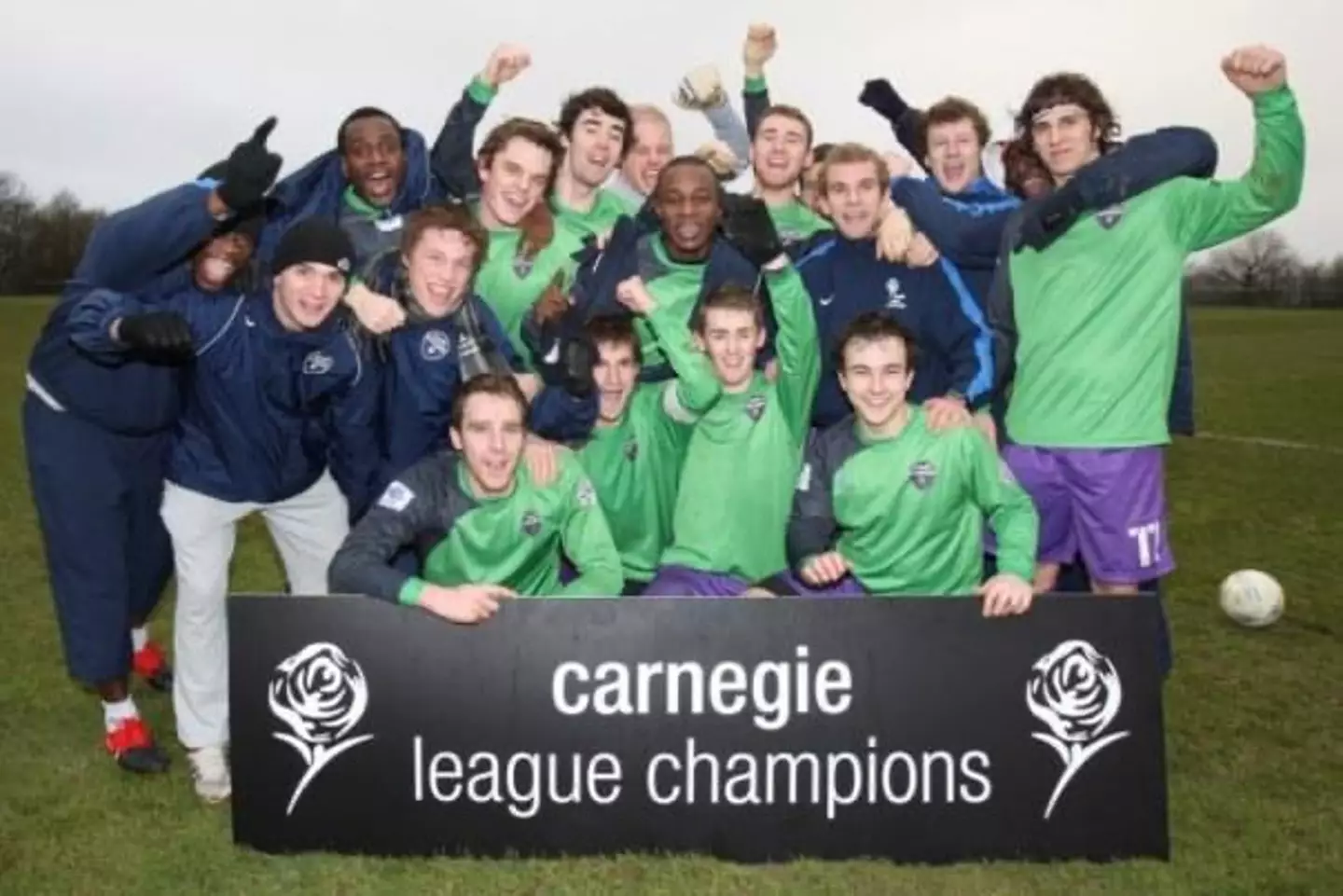
Advert
"In maybe about 60 games, I would say it happened in about two per cent of them," added former Nottingham Forest academy player Tiani.
"If he did it, more than likely you were going to change the way you were playing. If we ever saw him lose it, it was like 's***, this is serious'."
After a successful three-year spell in charge of the university team, Potter left in 2011 to take charge Swedish fourth division side Östersunds - in his own words "a place that nobody really wanted to go".
But he would find success with his possession-based style of football and managed to guide the team to three promotions - with the club reaching the Swedish top flight in 2015 for the first time in their history.
Advert
Östersunds would go on to win Swedish Cup in 2017 while also making the last 32 of the Europa League the following season, when they were eliminated by Arsenal despite winning 2-1 away at the Emirates.
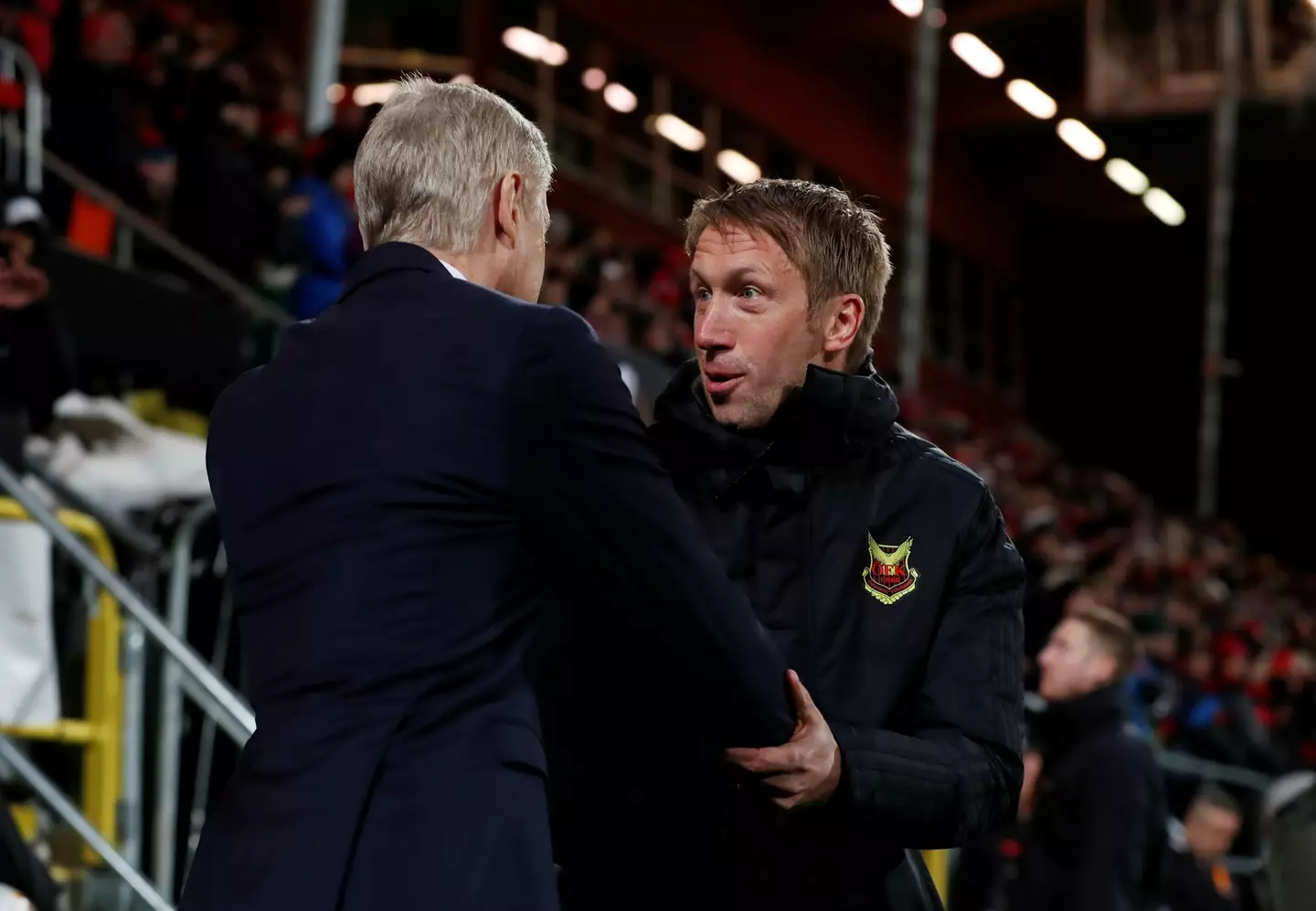
While he was winning plaudits for tactical prowess, Potter was also attracting attention for his unusual methods of team bonding - which included his squad performing end-of-season shows for the local community, such as rock and rap concerts, and their own version of the classic ballet, Swan Lake.
While Potter opted for a more conventional approach at Leeds Met, Tiani says his ability to gel a squad was always one of his biggest strengths.
"It's like a bubble, you don't realise until you are in there," added Tiani. "The way that people conducted themselves, the way we involved our teammates in our social lives. It was different to other teams."
Tiani himself had the opportunity to join Potter at Östersunds after having a successful trial with the Swedish club. But he instead opted to remain in the UK, a decision he would later regret.
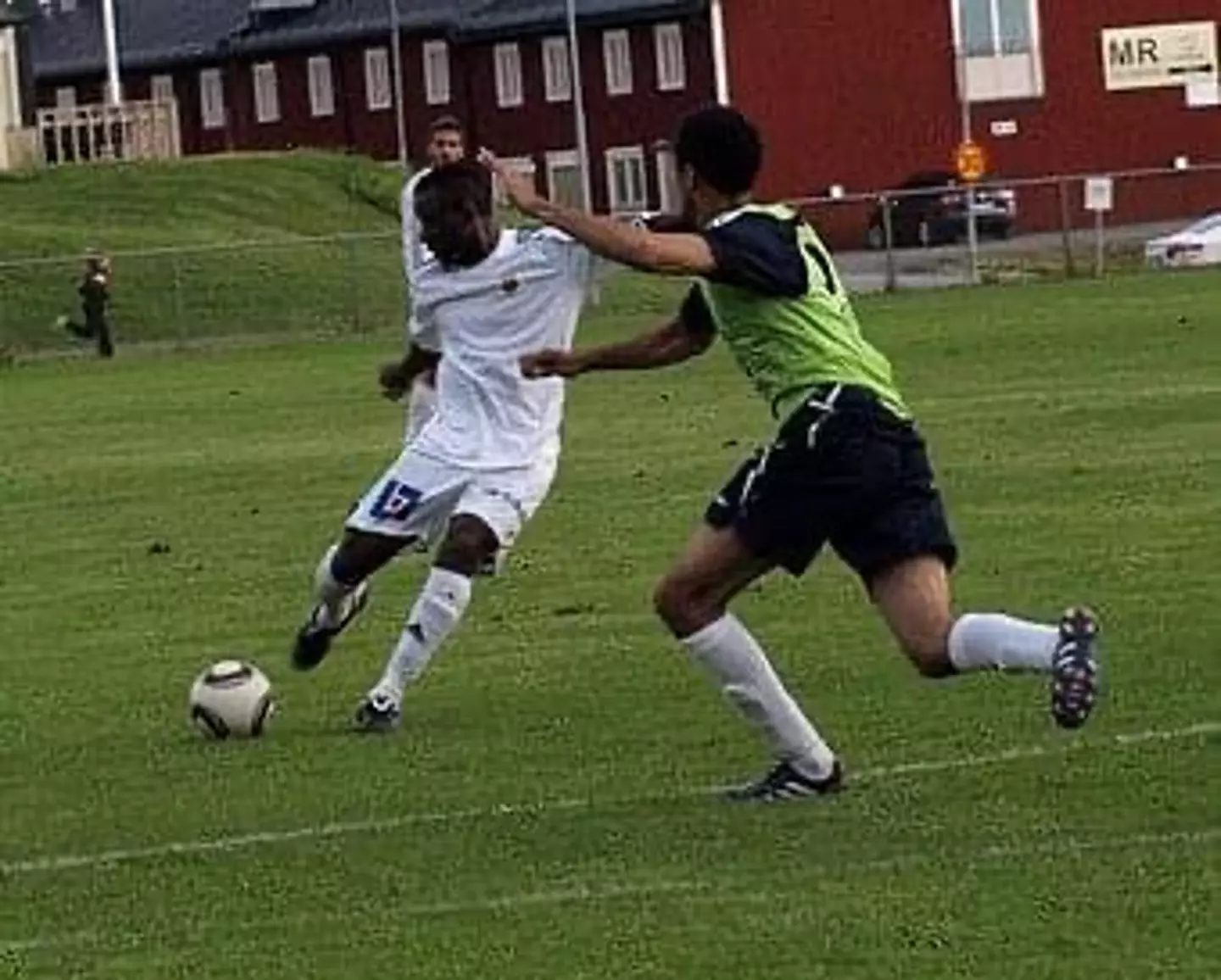
"The trial went okay, he was happy and I was happy. But at the time I was getting a better deal back in the UK, and all my family were in the UK, so I thought it was better to stay," explained Tiani.
"A couple of Ghanaian guys from London, who I met while we were playing for the England Universities team, we all went together. Two of them stayed there and went through the leagues and I thought 'God, I should have stayed too!'"
After a hugely successful seven-year spell at Östersunds, Potter eventually left to join Championship side Swansea in 2018. But he would move on from Welsh club less than a year later to take charge of Premier League club Brighton.
It proved to be the perfect match, with the club's impressive transfer strategy providing Potter with a squad not only capable of avoiding relegation but with enough quality to view Europe as a realistic target.
With Brighton competing at the upper end of the Premier League this season, it felt like only a matter of time before another club would attempt to poach Potter - and so it proved, with Chelsea forking out a world-record £22m compensation fee to appoint the Englishman as Thomas Tuchel's successor at Stamford Bridge.
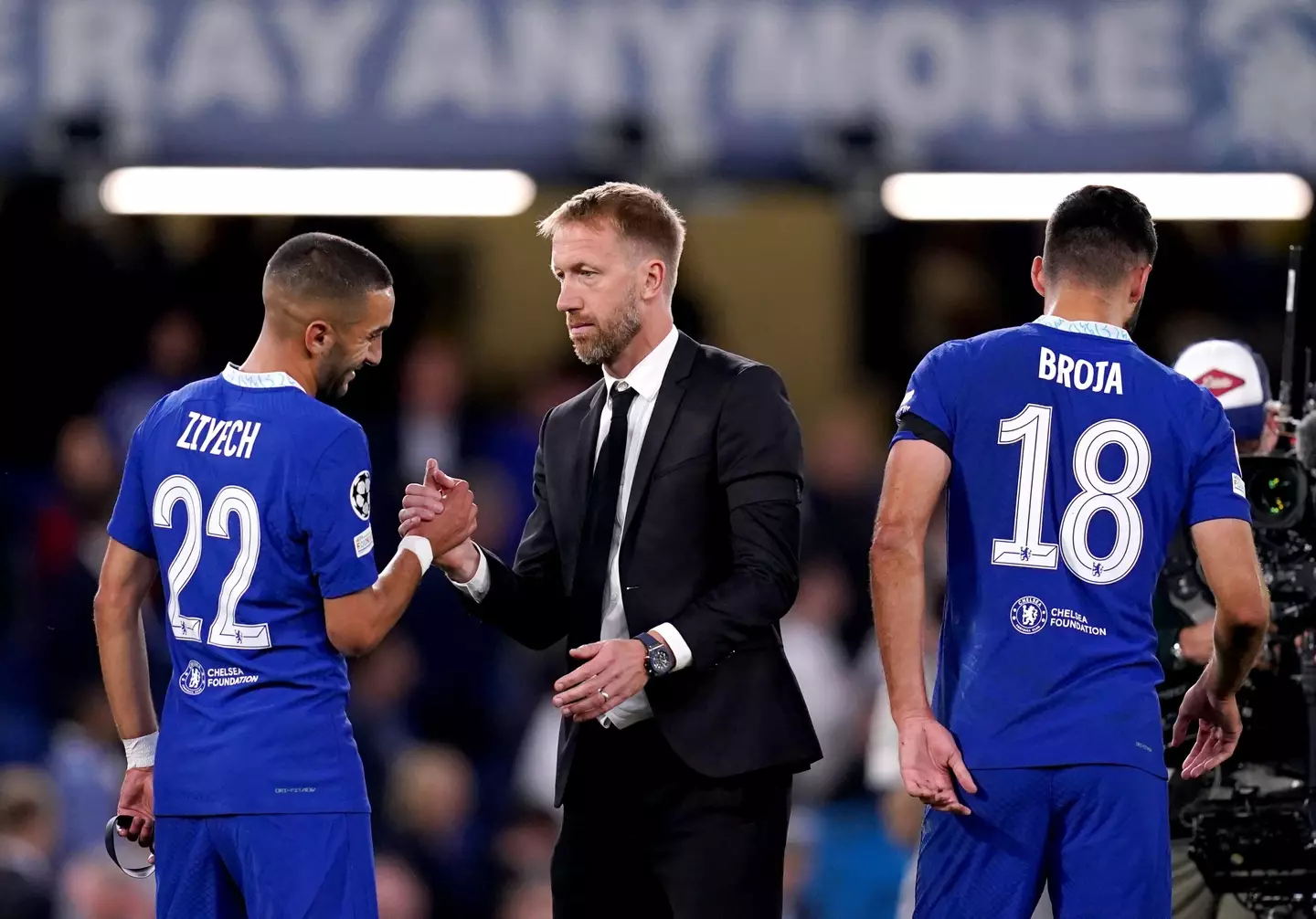
It is the latest chapter in a remarkable managerial career and a world away from those early days at Leeds Met. Tiani is delighted to see his former coach reach such heights but believes he now faces the toughest test of his managerial career.
"He was always able to change people to accommodate what he wanted. Even though I played in attacking midfield or as a striker, I ended up playing half of the season in holding midfield. He was able to do that with us, but will he be able to do it at Chelsea? Will he have the time to tell a top player at Chelsea 'Look, this is the position you are going to play'? I don't know," added Tiani.
"At Swansea and Brighton, he was able to tell a player 'You do this for me and I'll be happy', and they were likely to do it.
"But at Chelsea... we'll see."
Topics: Brighton And Hove Albion, Chelsea, Football, Graham Potter, Premier League, Swansea, Spotlight